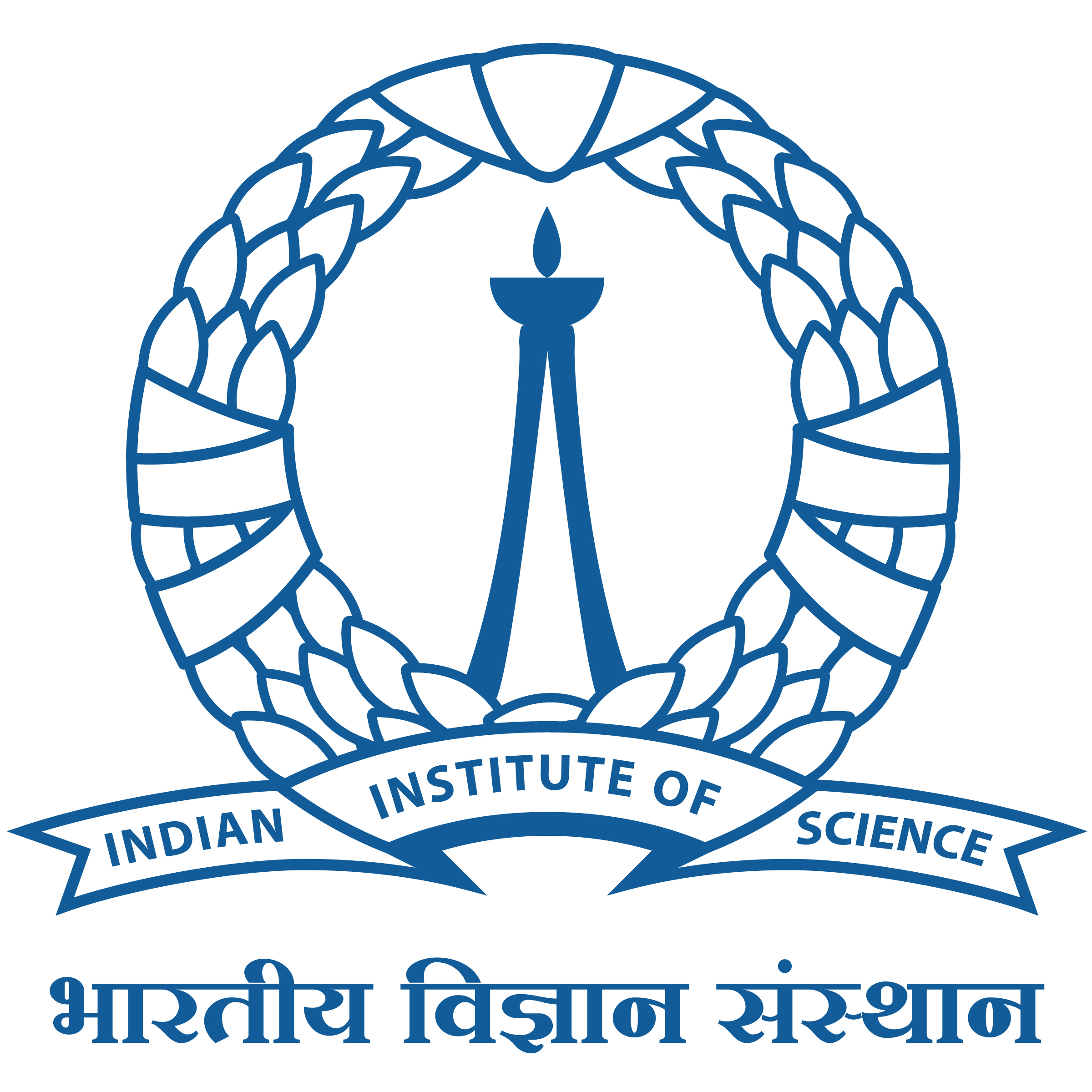
- This event has passed.
BE Seminar: BioMedical Printing Technology – from Vascularized OOCs to Cellular Agriculture by Dr. Andreas Blaeser
March 21, 2025 @ 4:00 pm - 5:00 pm
Speaker: Dr. Andreas Blaeser
Date: 21st March
Time: 4.00 PM
Venue: TCS Smart X Building, Classroom 03 – (G F – 12)
Title: BioMedical Printing Technology – from Vascularized OOCs to Cellular Agriculture
Abstract: The field of biomedical printing encompasses various techniques for the bio fabrication of living tissue. Among these, 3D bioprinting is the best known. It is used to print living cells embedded in a hydrogel precursor in layers to form a three-dimensional tissue precursor. These can be further developed into biological implants for regenerative medicine (bone, muscle, cartilage) or processed into miniaturised in vitro models for drug testing (e.g. organ-on-a-ship systems). The lecture will give a brief overview of existing bioprinting methods and also discuss novel printing mechanisms for the large-scale production of cellular agriculture products (e.g. cultured meat). Finally, a link will be made to industrial printing by presenting a newly developed 3D printing system for the production of comparatively light components for bioinspired architecture and design.
About the speaker: Andreas Blaeser is a professor of “BioMedical Printing Technology” at the Technical University of Darmstadt in Germany and Director of the Institute for Printing Science and Technology (IDD). He conducts research in the field of bio fabrication, production and joining technology of biologized functional materials. In this role, he leads and develops an interdisciplinary team of scientists and teaches interdisciplinary subjects on Biomaterials, Tissue Engineering, Bio fabrication, and 3D-Bioprinting Technology as part of the master programs “Mechanical and Process Engineering”, and “Synthetic Biology” as well as in the Bachelor program “Bio-Materials Engineering”. The focus of his research and teaching is on bringing together living cells, hydrogels, and engineering materials with special mechanical, chemical, and electrical properties. His work provides the basis for the future production of bioartificial tissues, “sentient” robotics, and renewable semi-finished products. These can be used, for example, as implants in regenerative medicine, as sensor-integrated in vitro models for drug and toxicity studies, as artificial skin of soft robotics elements, or as sustainable bioartificial consumer goods (e.g. cultured meat).

